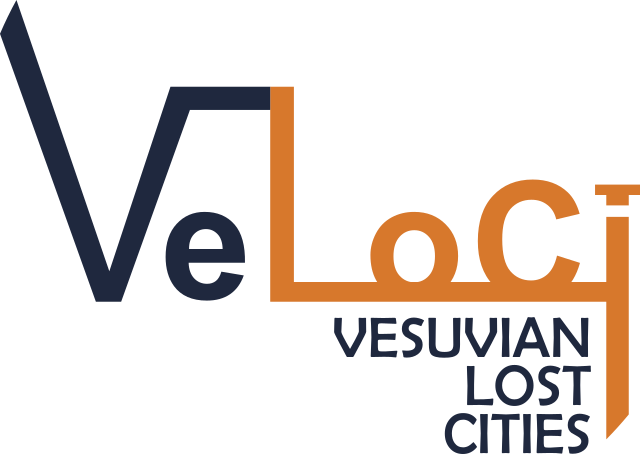
Vesuvian Lost Cities
The VeLoCi research project aims to achieve three objectives: to narratively innovate the state of the art by exploring the symbolic and material dimension of the process of knowledge of the past, of ruins and of cities abandoned after natural disasters, a phenomenon that strongly characterizes the Italian peninsula and in particular its southern regions; to experiment methodologically, retracing a "denied" history through sources to reconstruct the identity of a "lost" landscape; to contribute to the dissemination of a story that will not only have positive repercussions in the academic community, but can also bring benefits to society and public institutions by laying the foundations for more complex conservation strategies aimed at the protection and management of a broad cultural heritage, so as to enhance the identity of these places and promote social inclusion.


